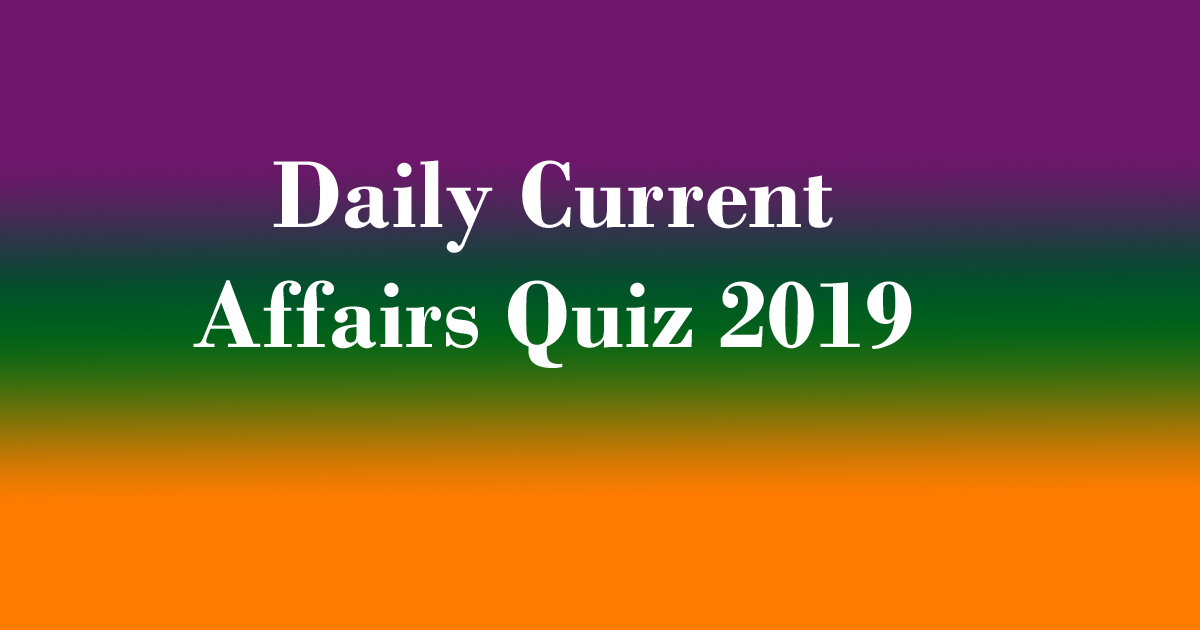
The World Health Organisation (WHO) has launched its first guidelines on self-care interventions for health in response to an estimate that by 2035 the world will face a shortage of nearly 13 million healthcare workers and the fact that currently at least 400 million people worldwide lack access to the most essential health services.
In its first volume, the guidelines focus on sexual and reproductive health and rights. Some of the interventions include self-sampling for human papillomavirus (HPV) and sexually transmitted infections, self-injectable contraceptives, home-based ovulation predictor kits, human immunodeficiency virus (HIV) self-testing and self-management of medical abortion.
These guidelines look at the scientific evidence for health benefits of certain interventions that can be done outside the conventional sector, although sometimes with the support of a health-care provider. They do not replace high-quality health services nor are they a shortcut to achieving universal health coverage.
“We foresee a future where around 1 in 5 of the world’s population will be living in settings that are experiencing humanitarian crises, this when the world is witnessing growth in new diagnostics, devices, drugs and digital innovations which are transforming how people interact with the health sector,’’ notes WHO.
Explaining what self-care means, the organisation says that it is the “the ability of individuals, families and communities to promote health, prevent disease, maintain health, and cope with illness and disability with or without the support of a health-care provider”.
Autonomy and engagement
It adds that self-care interventions represent a significant push towards new and greater self-efficacy, autonomy and engagement in health for self-carers and caregivers.
“In launching this guideline, WHO recognises how self-care interventions could expand access to health services, including for vulnerable populations. People are increasingly active participants in their own health care and have a right to a greater choice of interventions that meets their needs across their lifetime, but also should be able to access, control, and have affordable options to manage their health and well-being,’’ it said.
WHO noted that self-care is also a means for people who are negatively affected by gender, political, cultural and power dynamics, including those who are forcibly displaced, to have access to sexual and reproductive health services, as many people are unable to make decisions around sexuality and reproduction.
The guidelines, meanwhile, will be expanded to include other self-care interventions, including for prevention and treatment of non-communicable diseases. WHO is establishing a community of practice for self-care, and will be promoting research and dialogue in this area during the self-care month between June 24 and July 24.
About WHO:
Establishment: 7 April 1948
Headquarters: Geneva, Switzerland
Head: Tedros Adhanom





